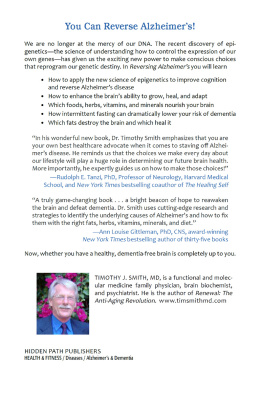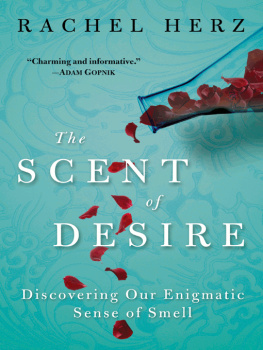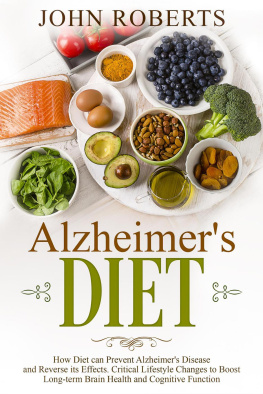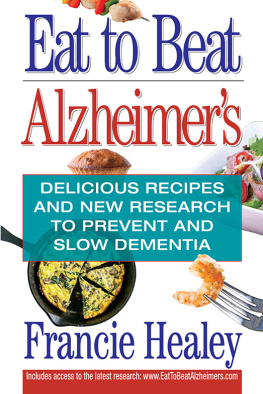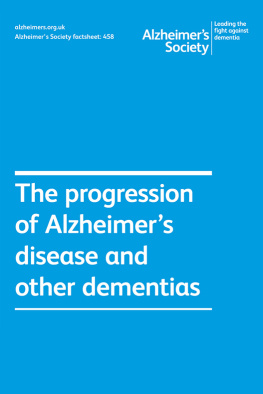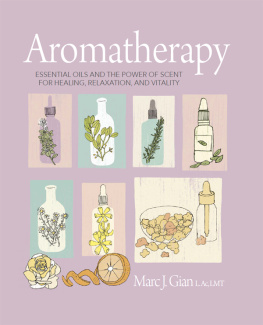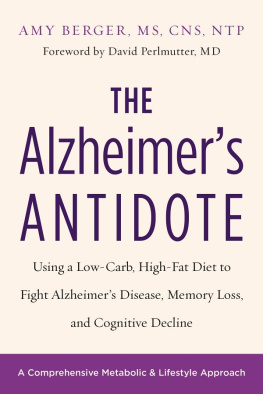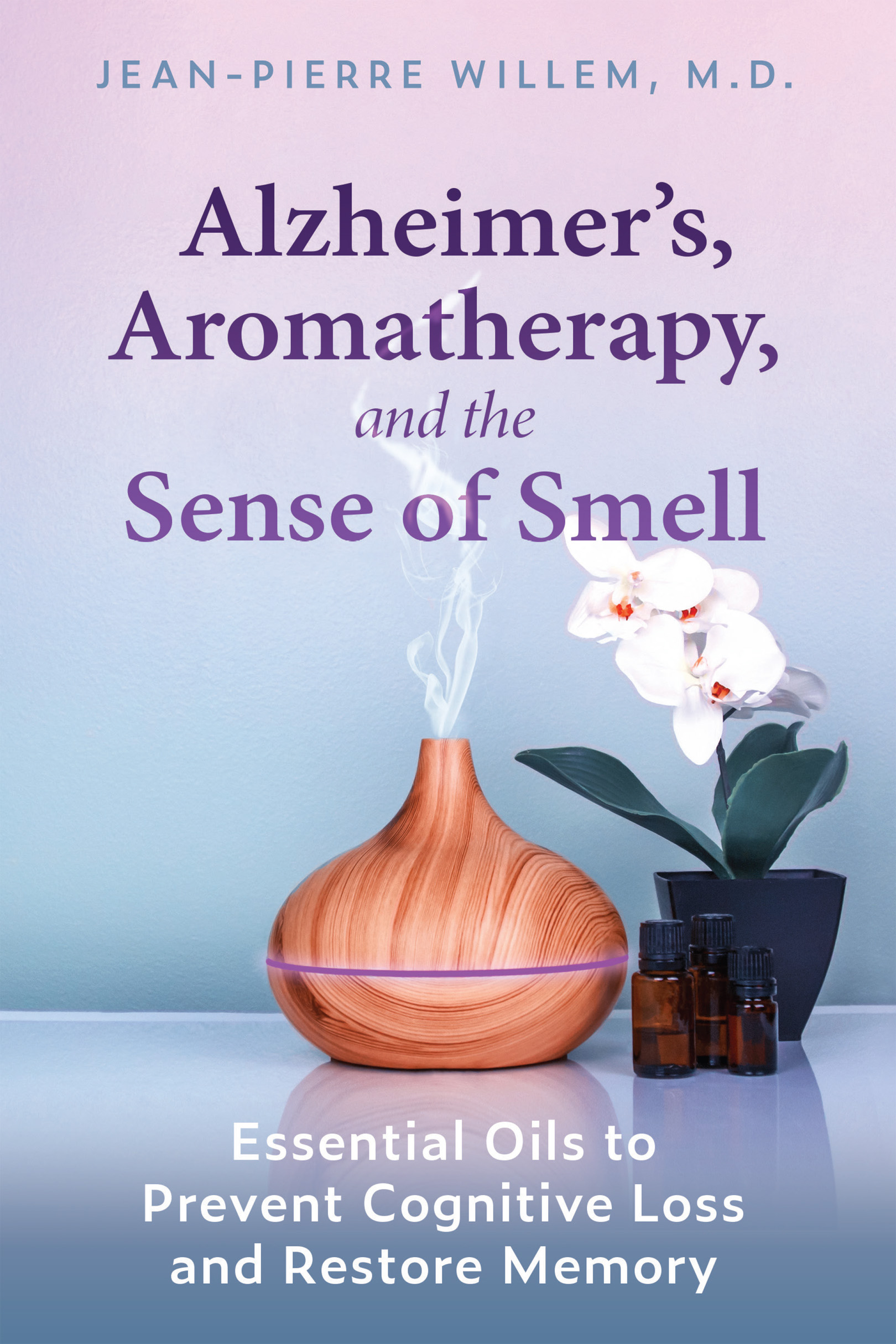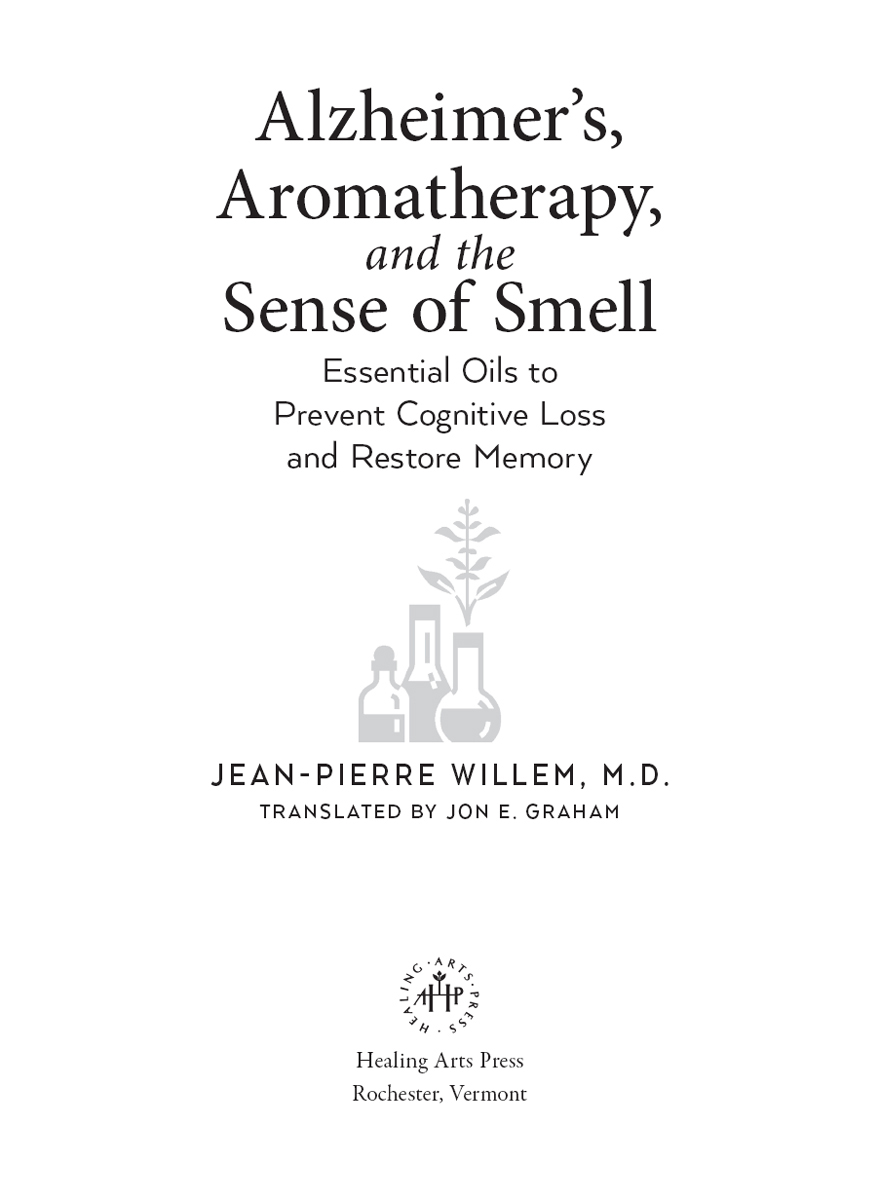Jean-Pierre Willem - Alzheimers, Aromatherapy, and the Sense of Smell: Essential Oils to Prevent Cognitive Loss and Restore Memory
Here you can read online Jean-Pierre Willem - Alzheimers, Aromatherapy, and the Sense of Smell: Essential Oils to Prevent Cognitive Loss and Restore Memory full text of the book (entire story) in english for free. Download pdf and epub, get meaning, cover and reviews about this ebook. year: 2022, publisher: Inner Traditions/Bear & Company, genre: Romance novel. Description of the work, (preface) as well as reviews are available. Best literature library LitArk.com created for fans of good reading and offers a wide selection of genres:
Romance novel
Science fiction
Adventure
Detective
Science
History
Home and family
Prose
Art
Politics
Computer
Non-fiction
Religion
Business
Children
Humor
Choose a favorite category and find really read worthwhile books. Enjoy immersion in the world of imagination, feel the emotions of the characters or learn something new for yourself, make an fascinating discovery.

- Book:Alzheimers, Aromatherapy, and the Sense of Smell: Essential Oils to Prevent Cognitive Loss and Restore Memory
- Author:
- Publisher:Inner Traditions/Bear & Company
- Genre:
- Year:2022
- Rating:5 / 5
- Favourites:Add to favourites
- Your mark:
Alzheimers, Aromatherapy, and the Sense of Smell: Essential Oils to Prevent Cognitive Loss and Restore Memory: summary, description and annotation
We offer to read an annotation, description, summary or preface (depends on what the author of the book "Alzheimers, Aromatherapy, and the Sense of Smell: Essential Oils to Prevent Cognitive Loss and Restore Memory" wrote himself). If you haven't found the necessary information about the book — write in the comments, we will try to find it.
Details how to use essential oils to stimulate memory, prevent cognitive loss, and counter the isolation, withdrawal, and depression of Alzheimers patients
Reveals the striking results seen in several French hospitals and senior living homes where aromatherapy has been used as a therapy for Alzheimers
While there is still no known cure for Alzheimers, new research and trials from France reveal that it is possible to slow its progression, ameliorate some of its effects, and improve the quality of life for those suffering from this degenerative condition, using the sense of smell.
Citing years of clinical evidence, Jean-Pierre Willem, M.D., shows how Alzheimers is critically bound with the sense of smell. He explains how the olfactory system is connected to the limbic area of the brain, which holds the keys to memory and emotion and is the area of the brain most severely afflicted by Alzheimers. He reveals how one of the very first signs of Alzheimers is typically the loss of the sense of smell. Sharing the striking results seen in French hospitals and senior living homes where aromatherapy has been used as a therapy for Alzheimers for more than 10 years, Dr. Willem details how to use essential oils to stimulate memory, prevent cognitive loss, and counter the isolation, withdrawal, and depression these patients are likely to feel. He explains how essential oils make a direct connection with the cerebral structures involved in emotion and memory and make it possible for the patient to bring deeply buried memories back to the thinking surface. This allows the patient to recover a portion of their identity, which can become the foundation for additional healing, including regaining the ability to communicate and reducing behavioral issues. Tracing the evolutionary links between smell and taste, he also explores the effects of diet and nutrition on Alzheimers and other forms of dementia, explaining the benefits of raw foods, what foods to avoid, and what supplements can help.
Offering a hands-on and medication-free way to help those suffering from Alzheimers, this guide provides a way for Alzheimers patients and their families to recover the joy of living again.
Jean-Pierre Willem: author's other books
Who wrote Alzheimers, Aromatherapy, and the Sense of Smell: Essential Oils to Prevent Cognitive Loss and Restore Memory? Find out the surname, the name of the author of the book and a list of all author's works by series.

